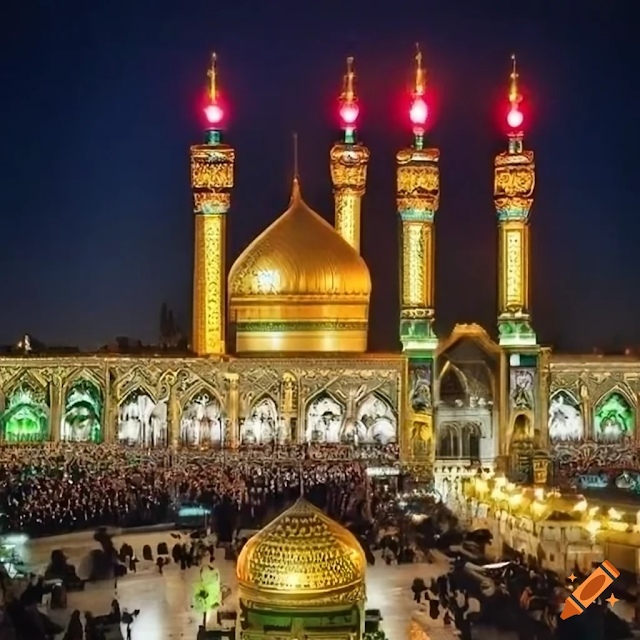Muslim Religious Holidays 2023
Islamic holidays are based on the lunar calendar, which is approximately 10-12 days shorter than the Gregorian calendar. As a result, the dates of Islamic holidays shift each year on the Gregorian calendar. To determine the exact dates of Islamic holidays for 2023, you would need to consult an Islamic calendar or a reliable source that provides Islamic holiday dates for that year.
However, I can provide you with the approximate dates for some of the major Islamic holidays in 2023 based on the Gregorian calendar. Please note that these dates are subject to slight variations depending on the sighting of the moon, and it's always a good idea to verify them with a local Islamic authority or calendar:
Ramadan (Begins): March 23, 2023 Ramadan is the ninth month of the Islamic lunar calendar and is observed by fasting from dawn to sunset.
Eid al-Fitr: April 22, 2023 Eid al-Fitr marks the end of Ramadan and is a festival of breaking the fast. It is a day of celebration and special prayers.
Hajj (Pilgrimage to Mecca): August 5-10, 2023 The Hajj is one of the Five Pillars of Islam and is obligatory for Muslims who are physically and financially able to make the pilgrimage to Mecca.
Eid al-Adha: July 12, 2023 Eid al-Adha, also known as the Feast of Sacrifice, commemorates the willingness of Ibrahim (Abraham) to sacrifice his son as an act of obedience to God Muslim holidays 2023 calendar
These are some of the major Islamic holidays in 2023. Please keep in mind that the dates may vary slightly depending on your location and the sighting of the moon. It's always a good idea to check with your local mosque or Islamic authority for the exact dates and any additional holidays or observances that may be specific to your region or community.
what is the meaning of Muslim?
The term "Muslim" is derived from the Arabic word "Islam," which means submission or surrender to the will of God (Allah in Arabic). In the Quran, the central religious text of Islam, the term "Muslim" is used to refer to those who have embraced the faith of Islam and have willingly submitted themselves to the commandments and guidance of Allah.
The Quran provides several verses that emphasize the concept of being a Muslim:
1. **Surah Al-Baqarah (2:131):** "When his Lord said to him, 'Submit,' he said, 'I have submitted [in Islam] to the Lord of the worlds.'"
2. **Surah Al-Imran (3:19):** "Indeed, the religion in the sight of Allah is Islam. And those who were given the Scripture did not differ except after knowledge had come to them - out of jealous animosity between themselves. And whoever disbelieves in the verses of Allah, then indeed, Allah is swift in [taking] account."
3. **Surah Al-Imran (3:85):** "And whoever desires other than Islam as religion - never will it be accepted from him, and he, in the Hereafter, will be among the losers."
These verses highlight the importance of embracing Islam and submitting to the will of Allah as the true religion. A Muslim is someone who follows the teachings of Islam, believes in the oneness of Allah, follows the guidance of the Quran, and adheres to the practices and principles of the religion. Islam teaches that the ultimate purpose of life is to worship and obey Allah, and those who do so are considered Muslims.


0 Comments
Please Be Kind With This Blog's Comment Section NoOne is Allowed To spam or promote any other platform Thank you for visiting